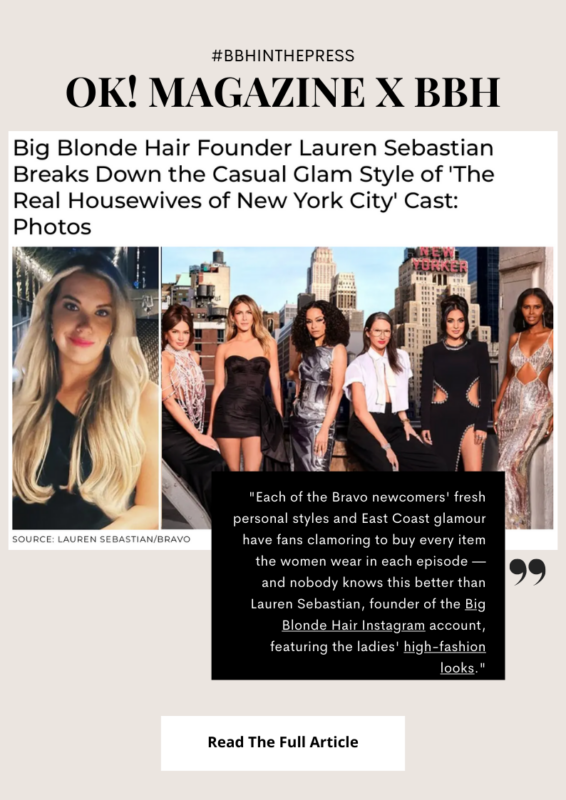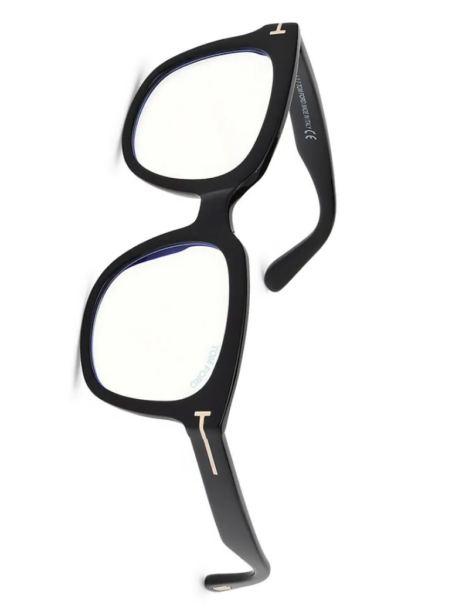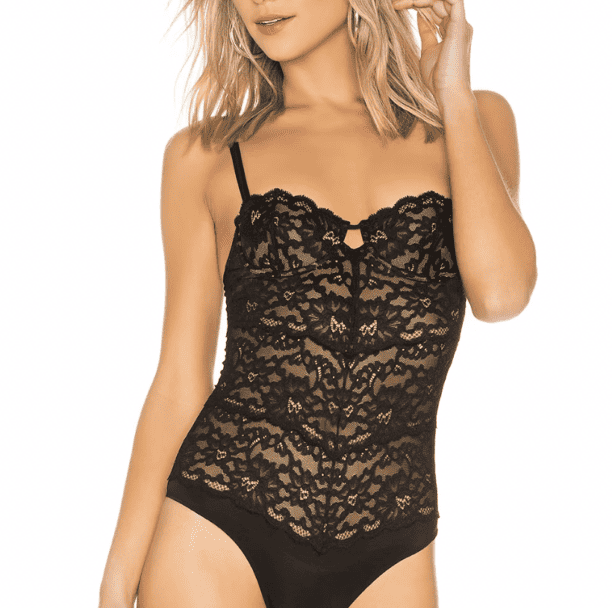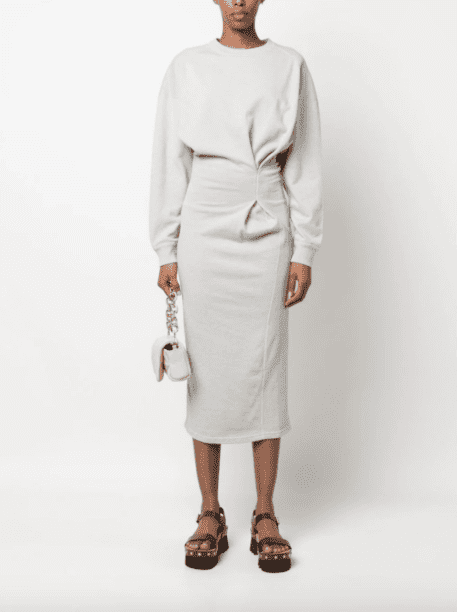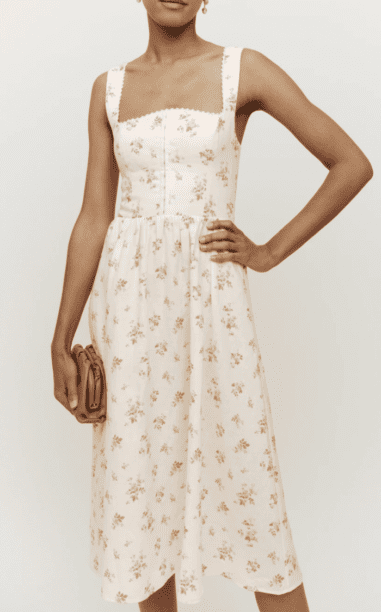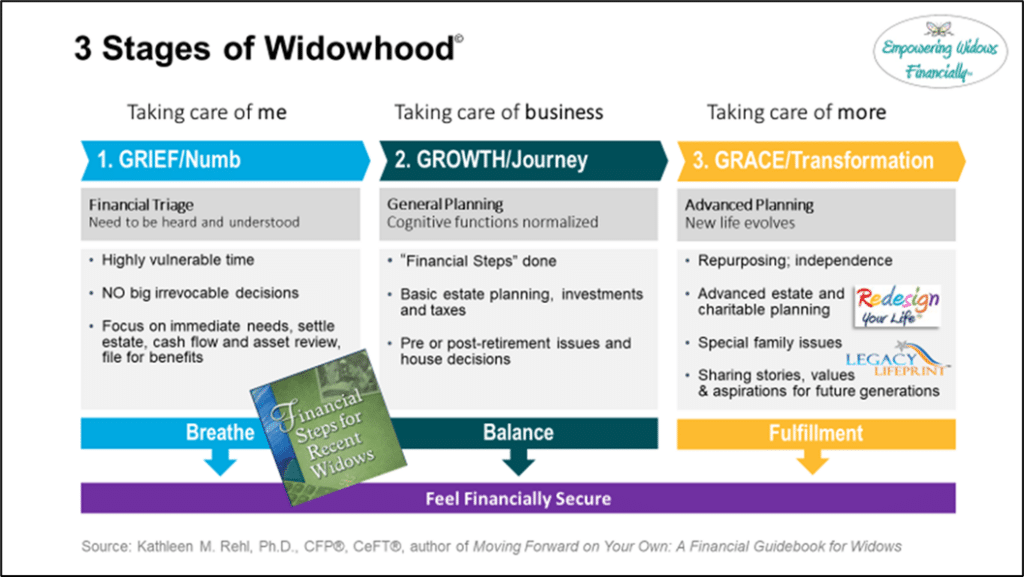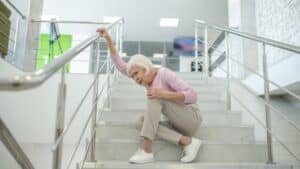Do You Journal? 7 Reasons Why You Should!

I’ve been journaling since I was a grumpy teenager. It all started when I received a Christmas present of a 5-Year Diary. I was underwhelmed until I noticed that it had a lock with a little golden key. That lock inspired me to start writing and to start processing my hormonal storm of emotions.
My mom used to gaze longingly at my diary… no doubt wondering if it held the secret to managing her grumpy teenager!
More than 50 years later, and I’m still journaling. The only time I stopped was when my alcohol dependence was at its worst. A true sign that I’d lost myself.
As I (finally) began my path to an alcohol-free life, I began to journal again. It was an indispensable tool to reconnect with myself and track my life changing journey.
Here are 7 reasons to journal.
Process Your Emotions and Take Action
Journaling is a powerful tool which can literally transform your thoughts, feelings, fears and worries into something you can work with in a calm and organised way, freeing up your mind and creating space in your heart.
You can grump and complain and whinge onto the page until you feel better.
You can process your anger by writing it down, enabling you to deal with the source of your anger in a calm and rational way.
You can reflect on your day and record what went well and what could have gone better. If you think you could have handled a situation in a different way, then write about it and begin to explore and recognise your patterns of behaviour.
Do you get irrationally angry with your husband if he doesn’t listen to you? Is this linked to the fact that you felt “unheard” as a child of busy parents?
If this is the kind of thing you discuss with your therapist, then think of your journal as a second therapist or use it as prep for your therapy sessions.
Improve Your Health
In the 1980s, Professor James Pennebaker discovered the astonishing link between expressive writing and improved health. The idea is to set aside 15 minutes a day to write about any worries that keep you up at night. The benefits range from improving the immune system to better sleep and better scores on exams and cognitive tests.
Keep your journal beside your bed, and if you can’t sleep, list your worries, clear your mind and it should be easier to get back to sleep.
Apart from physical health benefits, our mental health will improve as our anxiety reduces. Many of us “overthink” everything that happens to us and end up in a nonstop cycle of obsessive thinking and brooding. Journaling can help us break out of that cycle and regulate our emotions.
Studies have shown that expressive writing can even have a positive effect on your social life – get all those worries out of your head into your journal, and you can connect better with others and be a better listener.
Kickstart Your Creativity
Are you worried that you are “not a writer”? A “writer” in the true sense is someone who writes things down to find their way out of emotional pain and discomfort. A much healthier way than using alcohol, drugs or food to numb our pain.
One of the best ways to find your voice as a writer is to read The Artist’s Way by Julia Cameron. She explains the magic of doing “morning pages” every day. First thing in the morning, grab a notepad and just write. Write about your dreams, whatever thoughts are in your head, and how you feel about the day ahead. It may feel strange at first, but eventually you will fill a couple of pages without difficulty and this fluency will carry over into your journaling practice.
We may not know what we are going to write until we start writing – that’s when the magic happens. Throw away your morning pages when they are done – they are for your eyes only, as is your journal.
Track Your Transformation
Your journal is a place to pour out your heart and soul in all of its many forms. It’s where the transformation will begin.
If you have experienced trauma in your life, then it may be painful to write about it but experiencing pain leads to personal growth. Documenting traumatic events will ultimately become a valuable part of the acceptance process. Acceptance is a valuable and effective way of getting unstuck, of freeing yourself to move forward. We can drain our pain of its rawness.
We can look back at what we’ve written and get perspective on our journey.
At the very core of journaling is the practice of getting to know yourself better and discovering why you do what you do and what is happening in your life. What changes do you truly want to see? How do you want to feel? What is missing? What is taking up too much space and energy?
Combine with Your Gratitude Practice
Reflecting on things in your life that you are thankful for is always beneficial and can be incorporated into your journal. Shifting your focus from what is lacking to what you already have can enhance your mood and lead to a greater sense of contentment. Expressing gratitude for others in your life will enhance your relationships. Showing appreciation fosters a sense of connection and deepens your bond.
A daily gratitude practice results in better self-esteem and increased resilience as we focus on our achievements. Mindfulness is a by-product of journaling as we become more aware of our emotions and better at living in the moment.
Even sitting quietly and reflecting on what to include in your gratitude list will trigger those happy brain chemicals and if you include “because” after each item it will enhance the depth and effectiveness of your practice.
Self-Knowledge: Be a Scientist in Your Own Life
I love the analogy of a journal as a laboratory. A place to experiment and explore. The key to personal growth, self-discovery and understanding.
Become an observer in your own life. Let your page become a laboratory in which to try out new ideas. A place to understand your pain, safely explore your dreams and guide you to a beautiful future.
Be curious and willing to learn from your experiences. Journaling will allow you to discover your patterns, gain new perspectives and uncover hidden aspects of your character.
Narrative therapy teaches us that we use stories to make sense of our lives, and what better place to document those stories than your journal? As we travel through our lives, we may go through tough times and wonder what it all means, but later in life we can look back and realise it was for a reason.
My personal experience of a tough time eventually becoming a gift was my struggle with alcohol dependence. From the darkest period in my life came the birth of Tribe Sober which has been giving me purpose and joy since 2015.
A Treasure Trove
Most of us spend a lot of time on our computers, so purchasing a beautiful notebook and physically writing up our journal can provide a tactile and grounding experience. Handwriting provides a creative outlet, and you can personalize your diary with sketches and doodles.
Noting your favourite quotes, affirmations and ideas in your journal will transform it into something you’ll want to treasure. One of our Tribe Sober members used to doodle during her coaching sessions and then developed those doodles into beautiful drawings in her journal. She’s published it digitally – it’s called TOTS (the other 12 steps) – so whether you’re interested in her journey to sobriety or just want to see an example of a beautiful journal you can email me at janet@tribesober.com and I’ll send you a copy.
If you’d like a bit of help and inspiration to get started with journaling, why not check out the Tribe Sober Journalling Course we’re running from 28th August to 1st September. We’ll be happy to see you there!
Let’s Have a Conversation
Do you journal? If yes, then what benefits have you experienced? If not, have you ever thought about it? What stopped you from journaling? Have you heard about the benefits of a gratitude practice? Are you sober curious and wondering if journaling would be useful to learn more about your relationship with alcohol?
Read More



